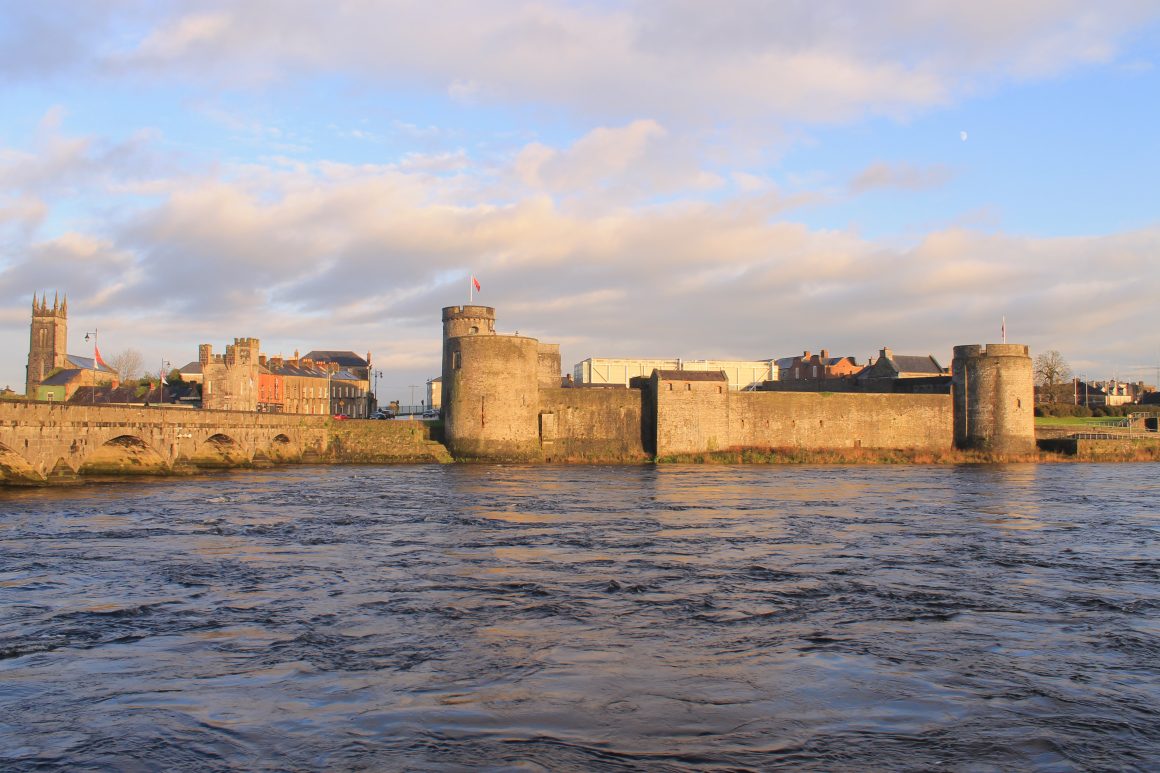The velocity of money is the rate at which it changes hands. Depending on where your job is located you (or your money) are likely to encounter different velocities. When we consider new jobs for Limerick city centre, it’s not just that the new jobs raise the economic living standards of the employees and their families. Each employee is now using the velocity of his or her money to alter the city they work in. For example, where I live I can walk to work in roughly 35 minutes, or walk 10 minutes to a bus stop and taking a 5 minute bus journey to a stop 3 minutes from my office, or I can usually grab a taxi which costs on average 7 euro and takes 10 minutes or less to get to my office. Every morning I have the option therefore of choosing where I will spend both my time and my money. If I didn’t have to go to work, I’d also stop employing taxi drivers or I might free up some space on a bus. Before I even make it to the office, therefore, I am making economic decisions that can benefit others.
If I choose to buy a coffee at 11 o clock, or a lunch at 1 or a tea at 3 I am directing my resources into my local community. My job does not exist in isolation. In a city of million people my economic decisions are relatively trivial, but in a city the size of Limerick, my economic decisions have much greater impact, simply as if I don’t spend my euro, there is a smaller pool of people who could choose to spend a euro. Therefore every euro spent in Limerick has a greater individual weight than it would if it was spent in a larger city.
It’s important to remember this when buying a coffee, do you want to support the local cafe or the chain? Or buying a book, do you support O’Mahony’s or Amazon. Your euro is more important in a city the size of Limerick than it is elsewhere. Likewise, every job in Limerick is more important than one in a larger city because of the myriad of economic activities it can support.
Limerick had a harsh lesson in this reality when the Dell plant reduced its number of employees in 2009 by 1,900 people. Every one of those employees also kept other businesses going simply by choosing where to spend their money. Some estimates suggested that fully 6% of people employed in the Limerick region were dependent on Dell for their employment, directly or indirectly. I would think that this study couldn’t possibly have taken into account the economic impact of the money that was no longer there to spend on dinners out, taxis, pints, match tickets or cups of coffee.
When we spend a euro we should think not just of what benefit we receive from the purchase we make, but also the indirect benefit the velocity of the money will have throughout the community. The recent jobs boost for the very centre of Limerick city should create several separate ripples. It should probably drive up accommodation rents in the immediate vicinity of the offices, if the rental stock is on sufficient quality. If the rental stock is deemed to be low you should probably expect to see traffic increase. It should give more trade to existing hospitality outlets and therefore make it more attractive for more outlets to open. It should also impact on available office space as there will be less suitable space available, either forcing businesses into spaces they don’t find ideal or creating a demand for the development of new offices. The negative costs (higher rents, more traffic, more congestion in your favourite lunch time spot) should be offset by the positive ones (more active city centre, more options, more jobs).
There will be unpredictable benefits and intangible benefits to follow too. It’s an exciting time for Limerick.

Enjoying this new blog, keep up the good work
LikeLike